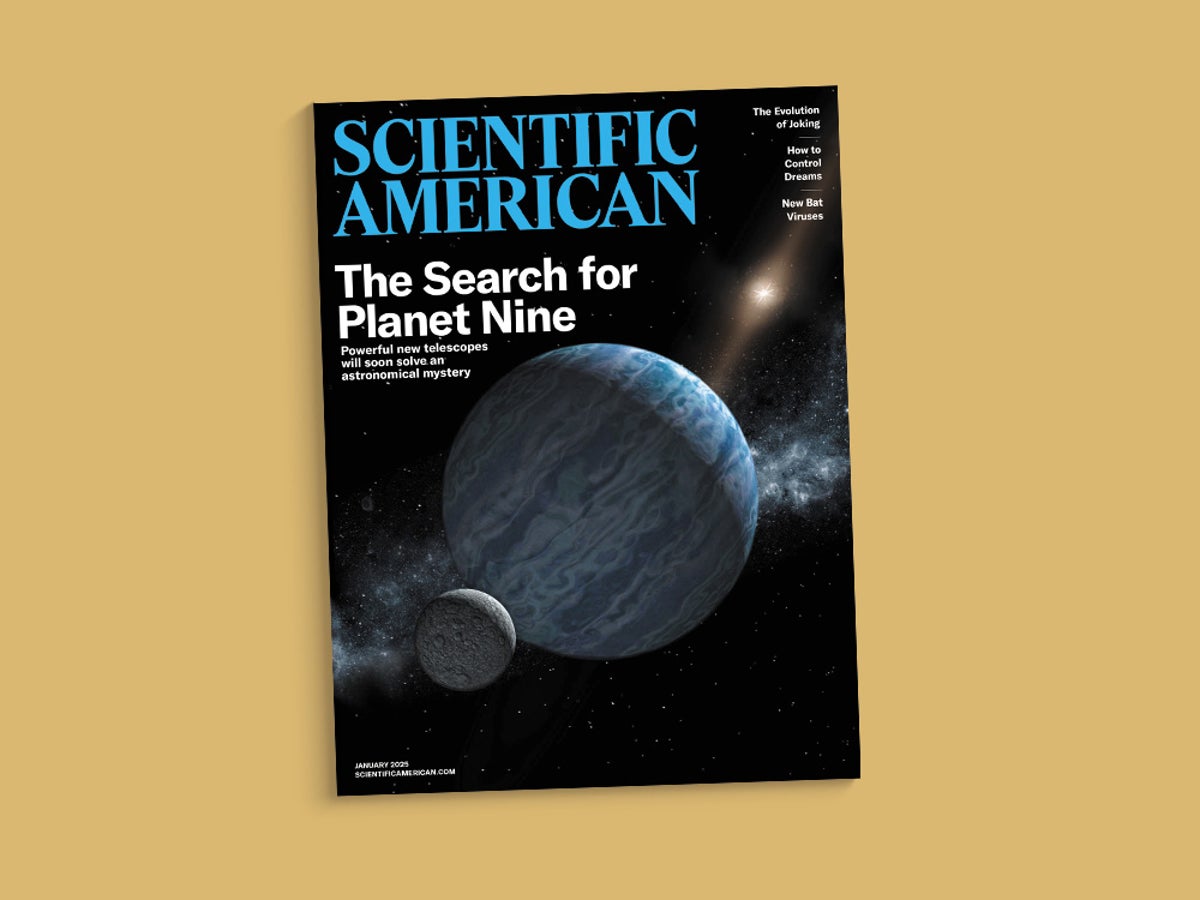
"If Planet Nine is discovered, Iâm confident a probe would eventually be sent to it! But after launch, it might take decades for a spacecraft to reach that destination."
"A small primordial black hole isnât impossible, but such objects remain theoretical. Itâs far more likely that Planet Nine is just a difficult-to-find planet."
"I think a brown dwarf is simply too massive to explain the gravitational perturbances detected by astronomers. Itâs more likely to be a stealthy, lighter planet."
"There is certainly a case to be made that the vagus nerve itself orchestrates the placebo effect."
The article discusses the potential discovery of Planet Nine and the possibility of sending a probe to investigate it if confirmed by the Vera C. Rubin Observatory. The concept of Planet Nine being a primordial black hole is considered, though most scientists suggest it is likely a faint, difficult-to-detect planet. Readers pose insightful questions regarding the nature of Planet Nine, including its potential classification, leading to expert responses that clarify misconceptions and explore scientific theories on the elusive celestial body. Other topics like the vagus nerve and its relation to the placebo effect are briefly mentioned.
Read at www.scientificamerican.com
Unable to calculate read time
Collection
[
|
...
]